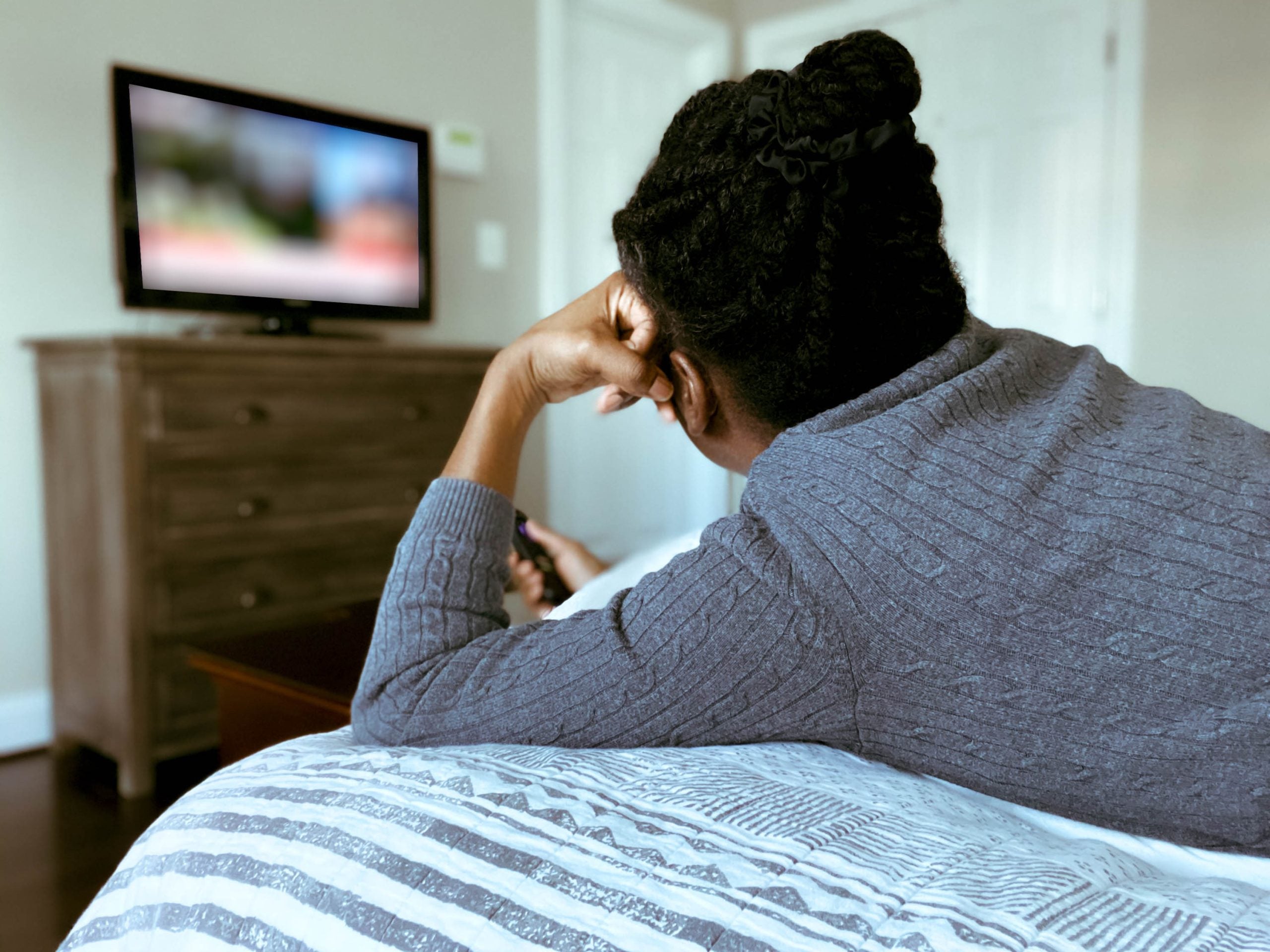Coping With Complex Emotions Amidst The Crisis In Gaza


In the age of instant information, news of global turmoil inundates our screens. A recent survey showed that 70% of Americans are closely following media pertaining to the Gaza crisis, and 80% fear worsening conditions. It is natural to feel intense emotions when witnessing crises on television and social media. Therefore, we must continue to educate ourselves while acknowledging and providing space for our feelings. Neglecting the intense emotions experienced when witnessing great devastation can impact our overall psychological well-being. Informed by a liberation psychology framework, this article delves into the emotional impact of seeing tragedy through the media, fostering healing from an anti-oppressive lens, and a call to justice.
It is imperative to explore emotional responses to national tragedy, including the dynamics of secondary traumatic stress and emotional desensitization. According to the American Psychological Association (APA), secondary traumatic stress is defined as an individual who begins to experience symptoms related to posttraumatic stress disorder (PTSD) without directly experiencing the traumatic situation; in fact, the PTSD symptoms are developed after witnessing the tragedy of others through media and other avenues. More specifically, witnessing images and stories of such intense suffering can take a profound toll on the collective psyche, leading to feelings of helplessness, anxiety, and emotional exhaustion. In addition, the concept of “empathy fatigue” or “compassion fatigue” has gained recognition within the field of psychology. It refers to the emotional and psychological exhaustion that individuals may experience when constantly exposed to the suffering of others.
Additionally, prolonged exposure to distressing content can lead to emotional desensitization, creating a psychological barrier that numbs our emotions. In a study by Elwood and Mott (2011), the researchers found that individuals exposed to graphic war-related images and stories through media reported increased feelings of anxiety, anger, and despair, which are hallmark emotions associated with secondary traumatic stress. The study also highlighted a correlation between prolonged exposure to such content and a decline in one’s ability to emotionally engage with the narratives, leading to emotional desensitization. While emotional distancing serves as a defense mechanism to protect our mental and emotional well-being, it can lead to a perception shift where suffering is reduced to mere data. This detachment from the human stories behind statistics and headlines hinders our ability to empathize, advocate for change, and take meaningful action. In the context of the ongoing crisis in Gaza, this emotional distancing can diminish the gravity of the situation, making it difficult to fully comprehend the human stories and suffering behind the conflict.
Understanding the psychological implications of secondary traumatic stress and emotional desensitization is crucial in the context of global crises. Recognizing these emotional responses, their underlying mechanisms, and their potential long-term consequences is essential for both individuals and communities in addressing the challenges of coping with the emotional toll of witnessing national tragedy.
As we examine the emotional toll and defense mechanisms in the context of witnessing the suffering of communities affected by conflict, it is important to consider parallels with the enduring struggles faced by other marginalized groups. In the shared history of resilience and collective strength among these communities, there lies a powerful opportunity to approach the management of emotions and stress from an anti-oppressive lens.
One such effective strategy is body scans, a mindfulness technique. By deliberately focusing on physical sensations, individuals can simultaneously experience and regulate their emotions. Research has shown that regular body scans can significantly reduce stress and enhance overall emotional well-being. In the context of ongoing struggles and historical injustices, body scans are a practical tool for maintaining emotional balance while remaining engaged with these issues.
Another coping strategy that can be beneficial when witnessing violence and fighting against oppression is faith-based coping, such as prayer. Research has consistently shown the beneficial impact of prayer on emotional well-being, including reduced levels of stress, increased feelings of hope, and a stronger sense of resilience.
Lastly, the concept of “critical consciousness” emerges as a potent coping skill from a liberation psychology perspective. It entails gaining a profound understanding of the root causes of oppression, the systems of power in place, and the interplay of factors that perpetuate suffering. Developing critical consciousness allows individuals to peel back the layers of injustice and recognize the structural inequalities at play. It fosters a sense of agency, resilience, and a commitment to social change. By analyzing the broader context of struggles and understanding the geopolitical dynamics, individuals find both personal healing and a powerful motivation to be agents of justice, thereby addressing the intense emotions stirred by witnessing such heart-wrenching situations.
In the global community, where various challenges intersect, it is imperative to acknowledge that these profound emotions, including anger, sadness, anxiety, and despair, are not solitary burdens to carry. They are a summons to justice and a testament to our capacity for compassion. As we navigate the depths of our emotions, let us remember that our tears, our anger, and our hope are not merely individual responses but a collective anthem for a more equitable world.
Source link : www.essence.com






















































